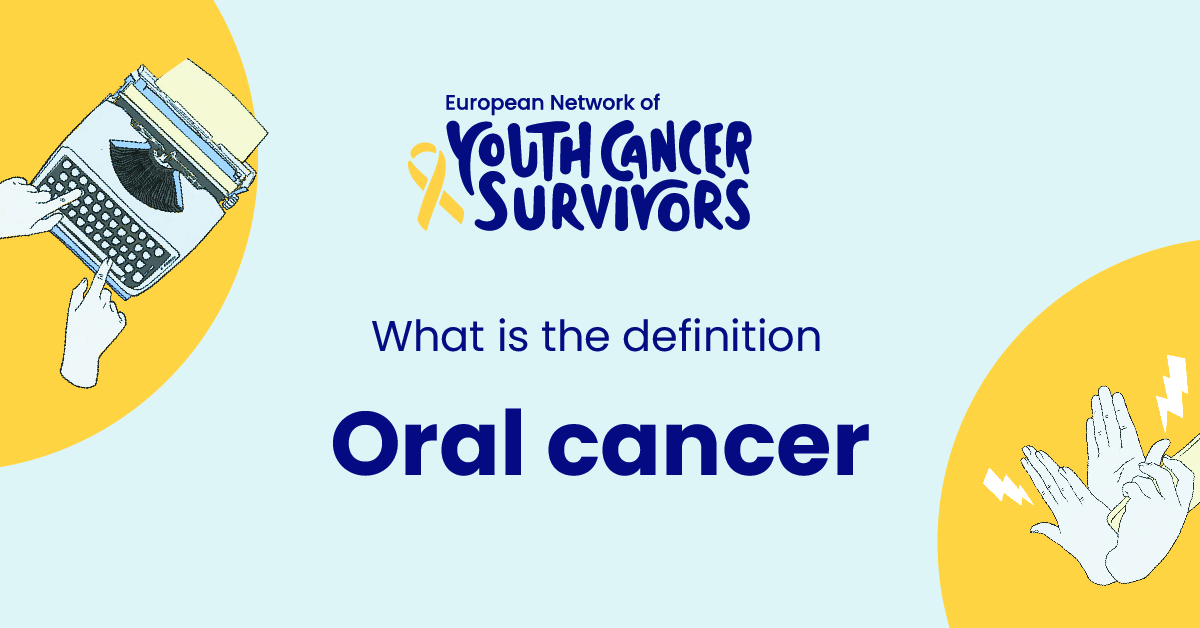
Brief Overview of Oral Cancer
Oral cancer refers to carcinoma that develops in any part of the oral cavity, ranging from the lips and cheek lining to the hard and soft palate, floor of the mouth, and throat. It’s among the few types of cancer that have not experienced a significant decrease in mortality rate for decades, emphasizing the need for in-depth knowledge and awareness about this disease.
Importance of Knowledge about Oral Cancer
Understanding oral cancer aids in its early detection and effective management. It can acquaint individuals with preventive measures, the significance of regular oral health check-ups, and highlights in the lifestyle changes that can reduce the risk of this disease.
Deep Dive: Defining Oral Cancer
Clinical Definition of Oral Cancer
From a clinical perspective, oral cancer is defined as a malignant lesion or neoplasm that develops on the lip or oral cavity’s mucosal surfaces. It is primarily a squamous cell carcinoma that invades surrounding tissue layers.
Physical Manifestations of Oral Cancer
Physically, oral cancer may appear as a persistent sore or growth in the mouth, which doesn’t heal and often bleeds easily.
Causes and Risk Factors of Oral Cancer
Smoking and Other Lifestyle Choices
Major risk factors include smoking and excessive alcohol intake, leading to significant DNA damage in oral tissues. Long-term exposure to sunlight, contributing to lip cancers, and chewing betel quid, prominent in some Asian countries, are also substantial determinants.
Genetic Predispositions
Certain genetic syndromes and conditions increase the risk of oral cancer, such as familial dyskeratosis congenita and Fanconi anemia.
Signs and Symptoms of Oral Cancer
Common Symptoms
Symptoms of oral cancer may include the presence of an oral mass, consistent mouth pain, loose teeth, and persistent sore throat, among others.
When to Seek Medical Advice
If these symptoms persist for more than two weeks, it is advised to seek immediate medical advice.
Diagnostic Procedures for Oral Cancer
Physical Examination
A basic oral examination, coupled with patient history, often acts as the first step in the diagnosis of oral cancer.
Advanced Diagnostic Tools
Pathologic confirmation through biopsy and further imaging studies, including MRI and CT scans, are advanced diagnostic measures.
Treatment Options for Oral Cancer
Surgical Procedures
Surgical intervention is a primary treatment alternative, depending upon the cancer’s stage and location. It can vary from minor surgery to complex procedures.
Non-Surgical Treatments: Radiation and Chemotherapy
Non-surgical options include radiation therapy, chemotherapeutic drugs, targeted therapy, and immunotherapy, either alone or in combination.
Living with Oral Cancer: Challenges and Coping Mechanisms
Emotional and Mental Support
Living with oral cancer can impact one’s emotional and mental health. Psychological counseling and support groups can aid in creating coping mechanisms.
Physical Rehabilitation Measures
Rehabilitation programs aim to maximize a patient’s physical capabilities and enhance their quality of life post-treatment.
Role of a healthy diet and lifestyle
A nutritious diet and active lifestyle aid in recovery, reduce recurrence chances and maintain general health.
Prevention and Early Detection of Oral Cancer
Importance of Regular Check-ups
Regular oral health check-ups aid in early cancer detection, significantly improving survival rates.
Home-based Preventive Measures
Refraining from tobacco, limiting alcohol, and maintaining good oral hygiene are home-based preventive strategies.
Get to know us better
If you are reading this, you are in the right place – we do not care who you are and what you do, press the button and follow discussions live

Conclusion
Recap of Oral Cancer and its Importance
Oral cancer is a significant global health concern with certain lifestyle choices acting as key risk factors. Awareness and early detection, combined with the right treatment approach, significantly impact the disease course.
FAQs:
- What are the early signs of oral cancer that shouldn’t be ignored?
Early signs include persistent mouth sores, mouth pain, loose teeth, and a consistent sore throat that does not respond to usual treatments.
- How is oral cancer different from other forms of cancer?
Oral cancer specifically targets the mouth and related structures. Unlike many other forms of cancer, its related symptoms (in particular, visible sores or tissue changes) are often detectable during routine dental examinations.
- Are there any known ways to prevent oral cancer?
Avoiding risk factors like smoking, excessive alcohol use, and prolonged sun exposure can help prevent oral cancer. Practicing good oral hygiene and opting for a healthy diet also contribute substantially to its prevention.
- I have been diagnosed with oral cancer, what should I expect from treatment?
Treatment protocols differ based on the cancer stage and patient’s health status. A combination of surgery, chemotherapy, and/or radiation therapy is often employed. Support from psycho-oncologists or support groups can be invaluable during this phase.
- Can oral cancer recur after successful treatment?
Yes, there is a risk of recurrence, emphasizing the need for regular follow-ups post-treatment and a consistent, healthy lifestyle. Addressing any new symptoms immediately is crucial.









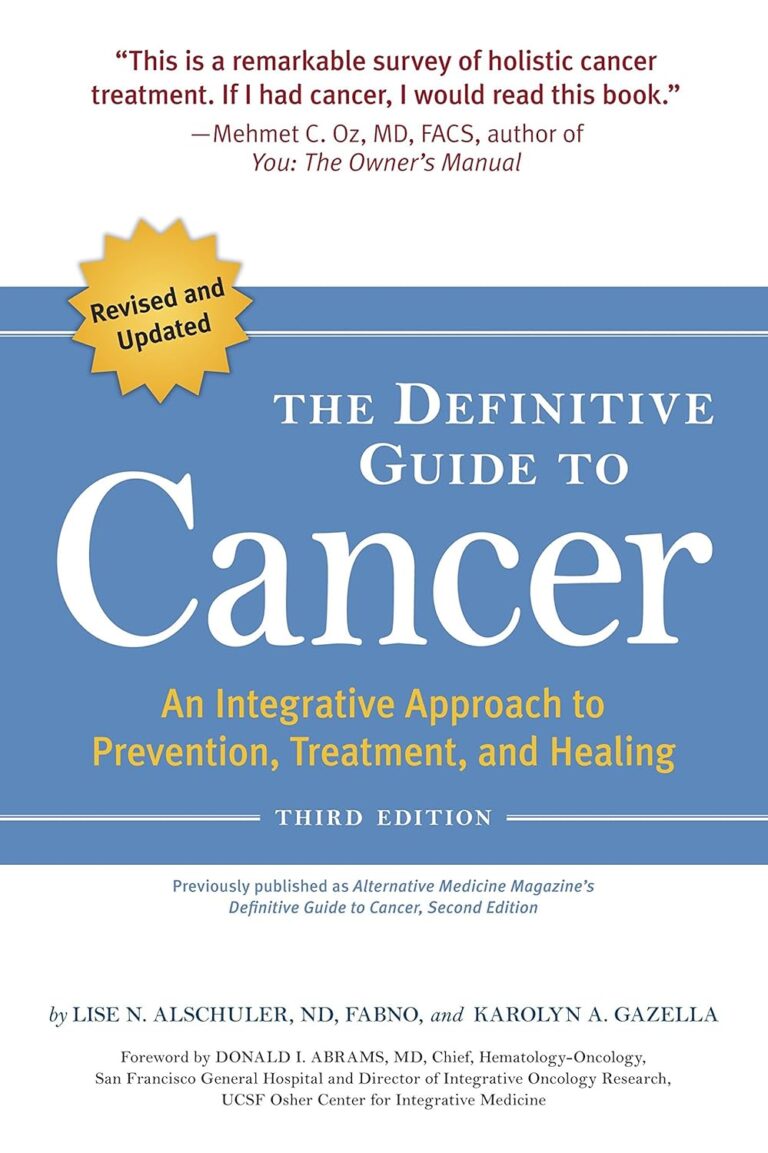
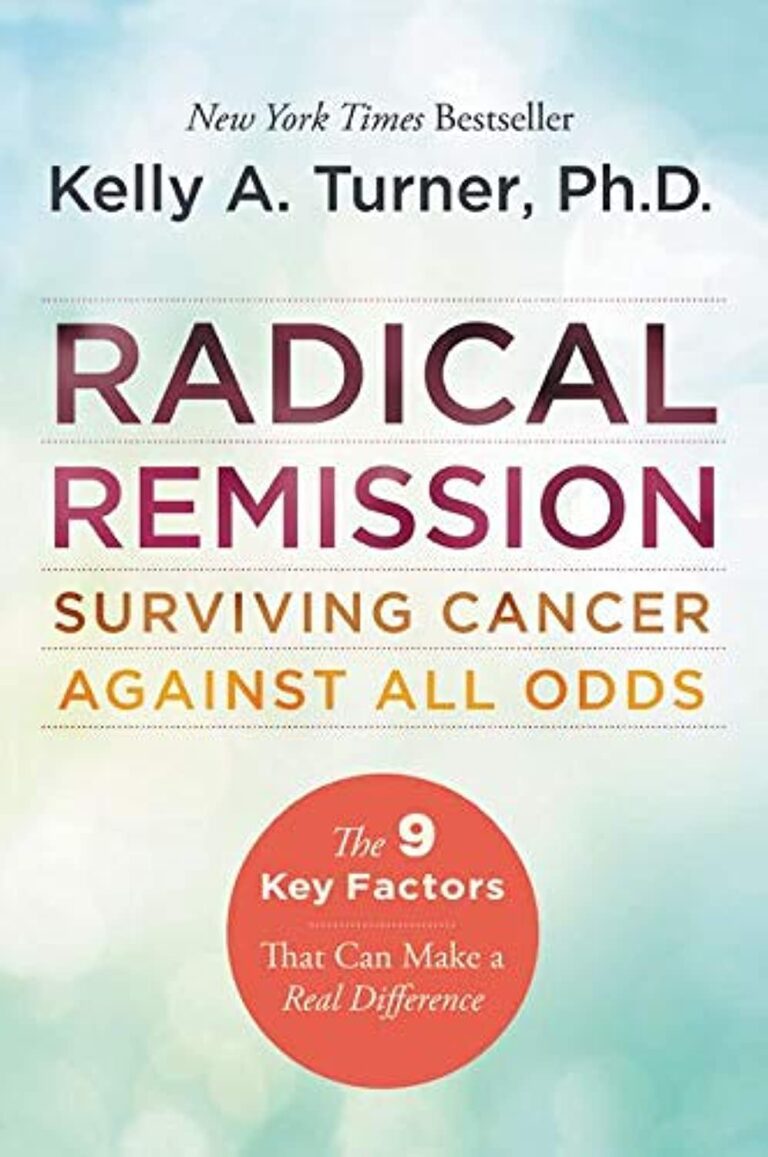

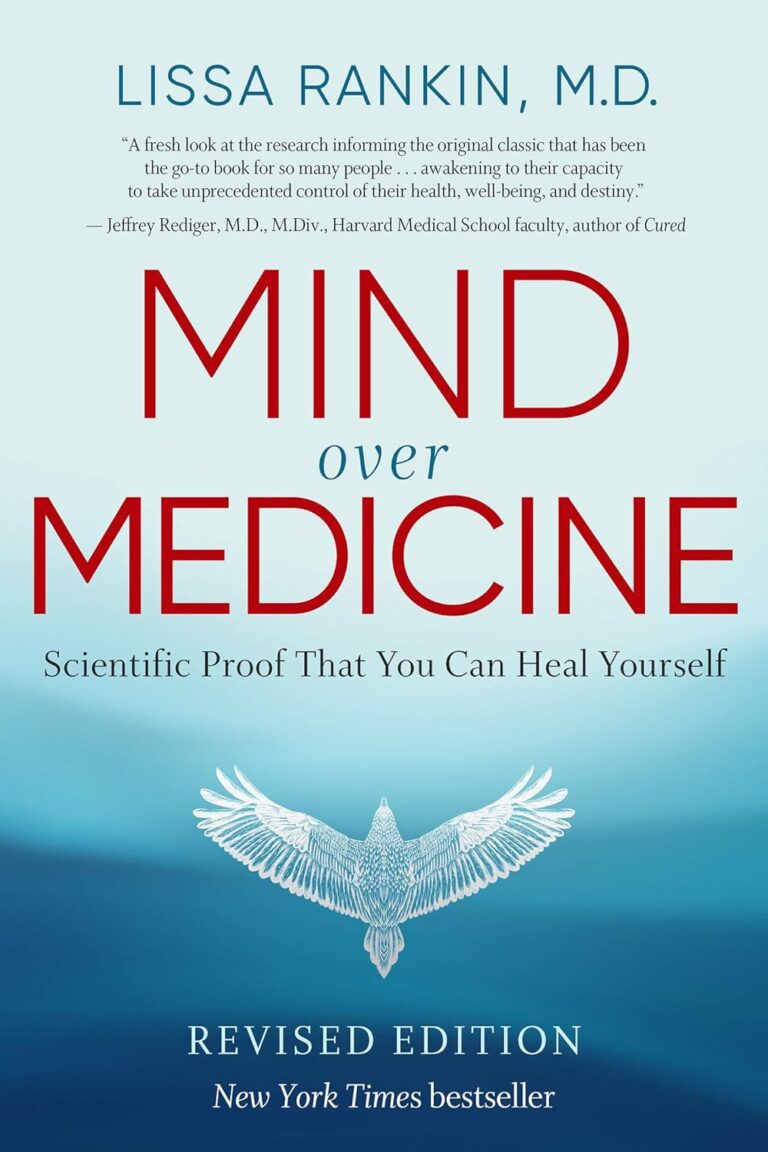
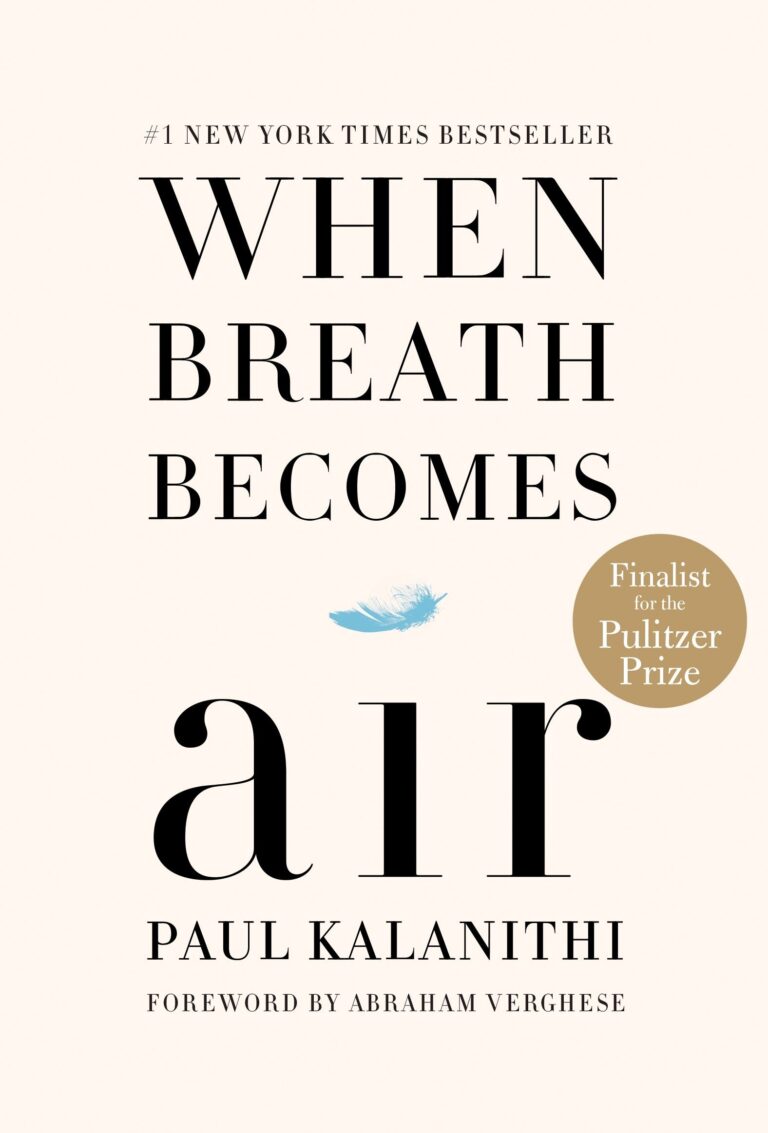
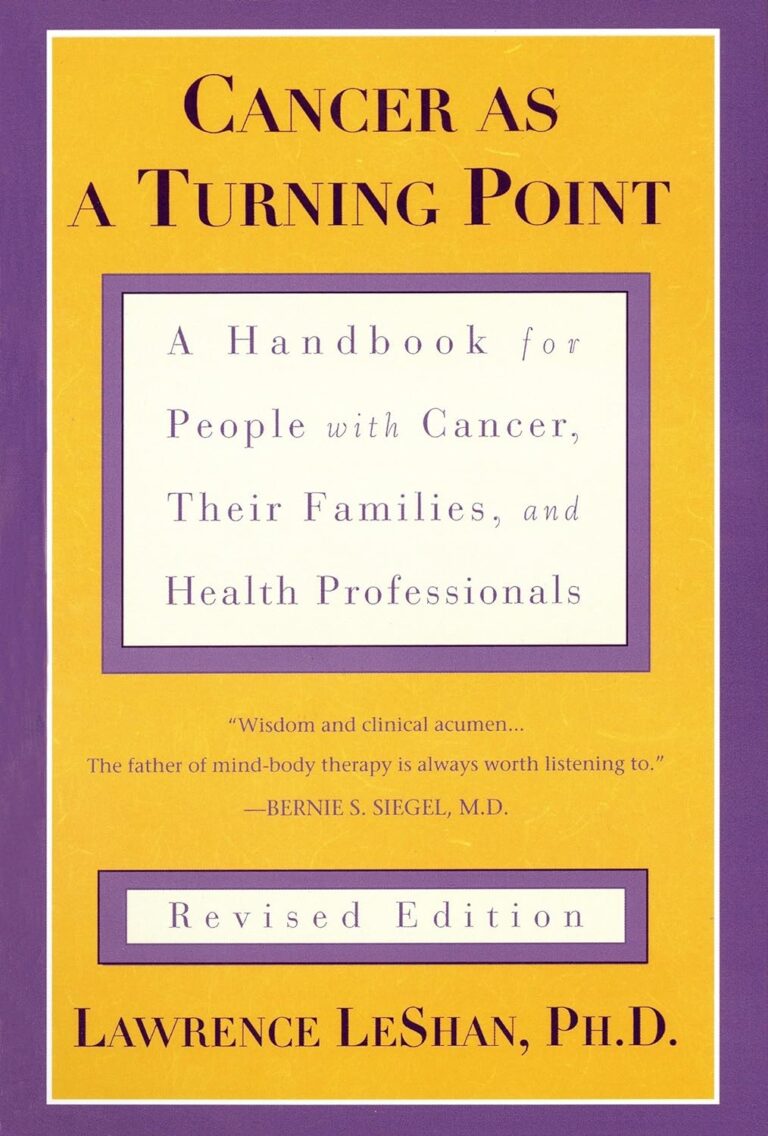


Comments
Thank you. Comment sent for approval.
Something is wrong, try again later